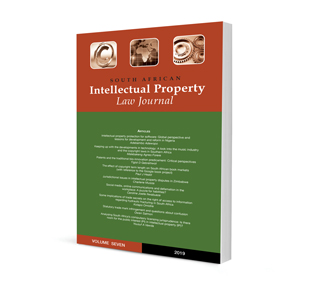Intellectual property protection for software: Global perspective and lessons for development and reform in Nigeria

Intellectual property protection for software: Global perspective and lessons for development and reform in Nigeria
Author Adebambo Adewopo
ISSN: 2521-2591
Affiliations: Professor, Nigerian Institute of Advanced Legal Studies
Source: South African Intellectual Property Law Journal, 2019, p. 1 – 30
Abstract
The protection of software or computer programs as the case may be is perhaps one of the most intractable intellectual property (IP) matters in the regulation of technological innovation. It has engendered considerable controversy in the normative structure of IP law and in its interaction with the rapid technological advances of the 21st century in the global economy. Significantly, the vastly utilitarian and unique profile of software has inexorably shaped the boundaries of its precise legal protection. From country to country, software’s legal landscape and the contours of IP protection have continued to reflect considerable global disharmony that has given rise to the need for legal clarification. This article discusses the subject from a global and development perspective. It examines the IP standard for software protection under the Nigerian law and compares it with the UK, EU and the US, and proposes reform of the existing regime.
